PiS set to adopt a strong parliamentary mandate
Poland's ruling Law and Justice (PiS) party has drafted a resolution to provide the government with a strong mandate to reject the forced quota-based relocation of migrants in Brussels.
A decision to introduce a new asylum system was reached at the meeting of the EU's interior ministers last week. According to the plan, member states can either take in a certain number of migrants, or pay at least €20,000 per migrant into EU coffers. Party spokesman Rafal Bochenek recalled that the Polish parliament had already passed some "rejecting" resolutions similar to this one, for example in 2016, adding that these have only given a mandate to conduct EU-level negotiations on these issues.
We now want to give the Polish government a strong mandate to use a strong veto in the European Council,
- a spokesperson of the ruling party said. In the draft resolution, Law and Justice politicians write that "the Sejm of the Republic of Poland strongly opposes the attempt to introduce at EU level mechanisms for the forced resettlement of illegal economic migrants."
Petition against mass migration
Meanwhile, the right-wing Austrian Freedom Party (FPO) is launching an online petition dubbed "Fortress Austria"against illegal mass immigration. Austria is a sovereign state, a member of the European Union and also a Schengen country. According to the EU's concept, this means that we'll give up control of our own borders if the EU fulfills its obligation to protect the bloc's external borders, but this isn't how it works. In reality, it means that we must travel to Brussels to beg to be allowed to gain repeated control over our borders, but only in certain places and for a limited period of time," FPO President Herbert Kickl said, criticizing the functioning of the Schengen Area, as well as Brussels' leadership.
He added that Austria had been hit twice in the past eight years by major migratory waves, both of which had caused huge damage across the country.
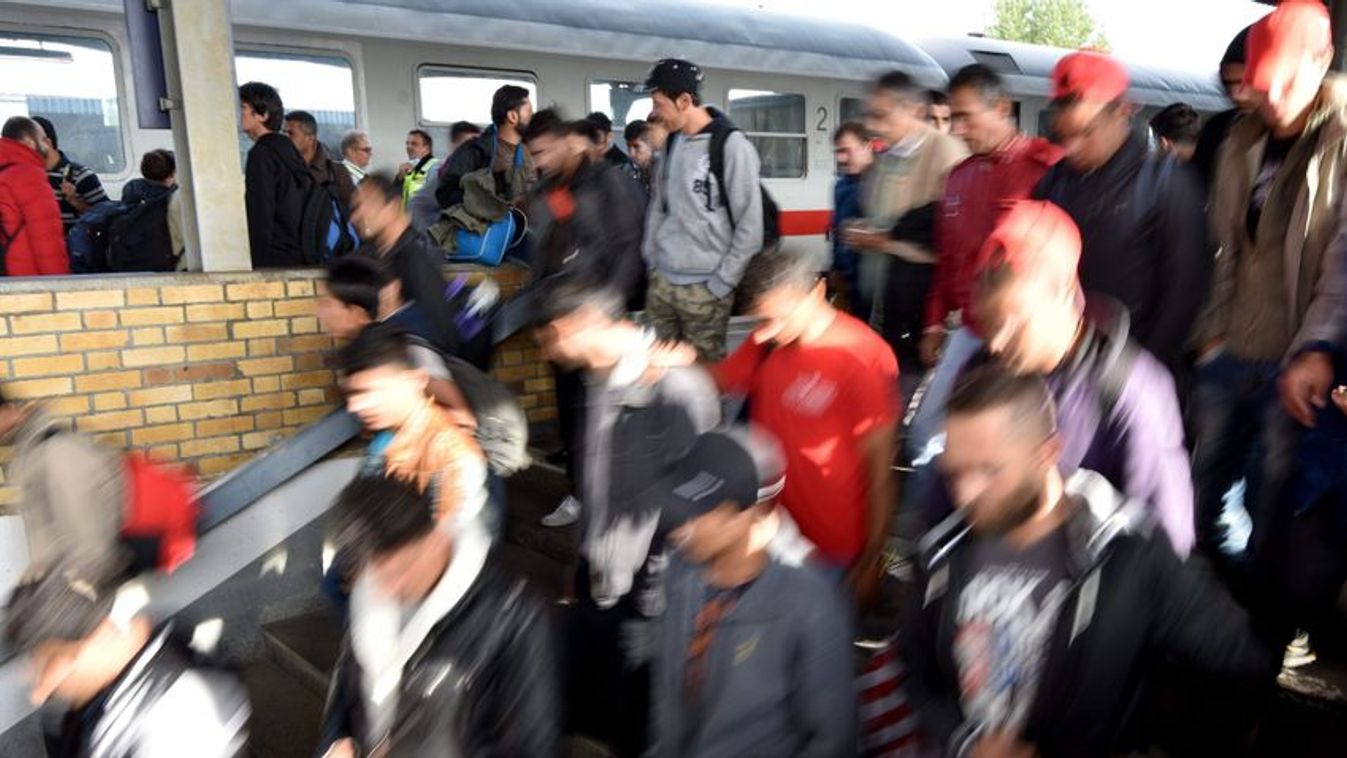
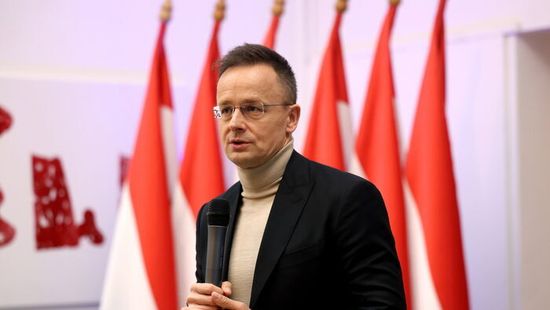
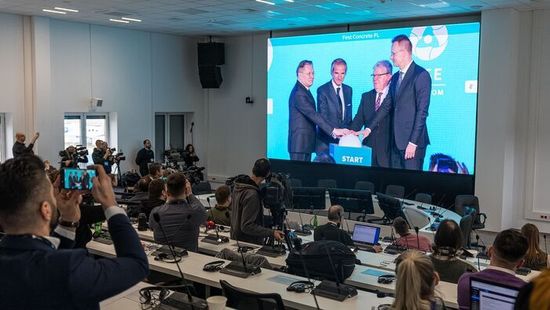
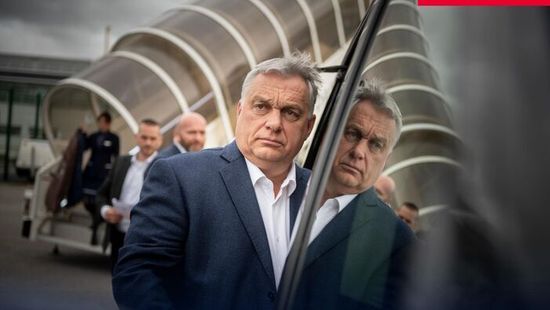
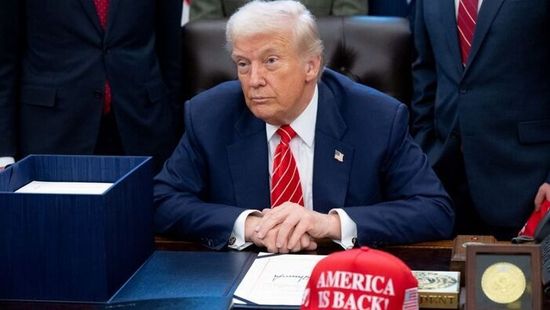

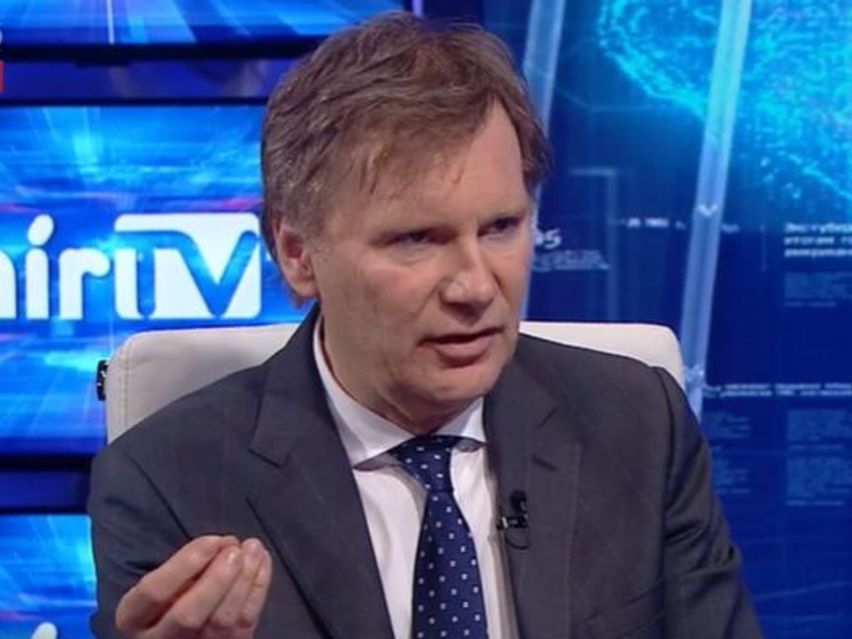
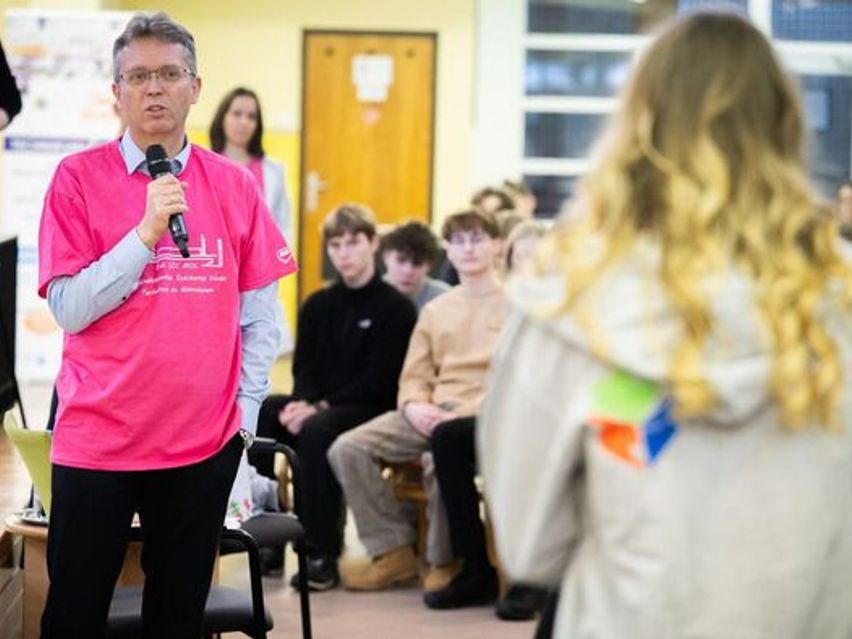

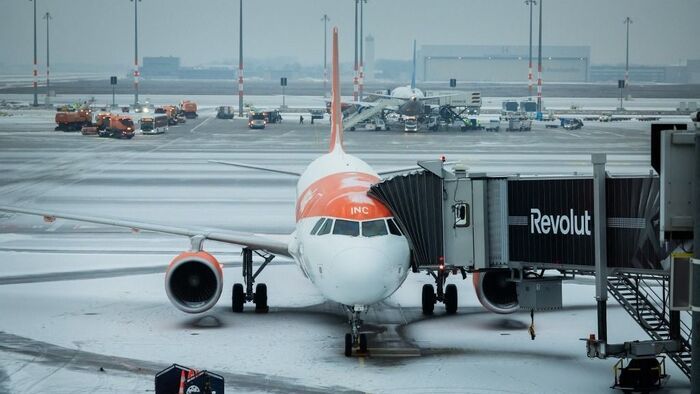

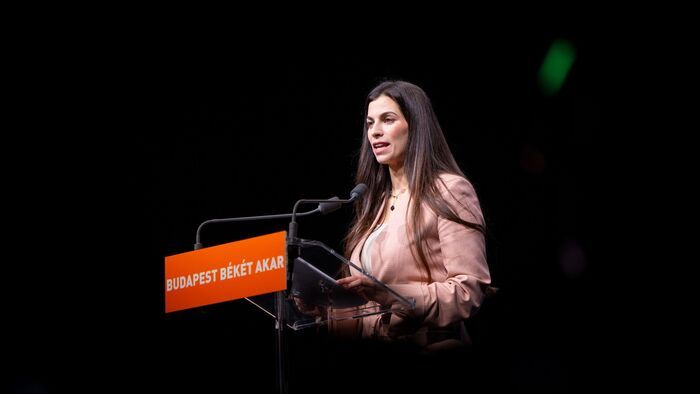
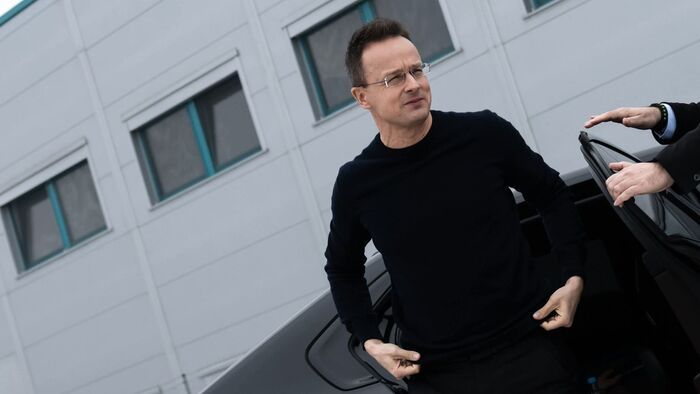


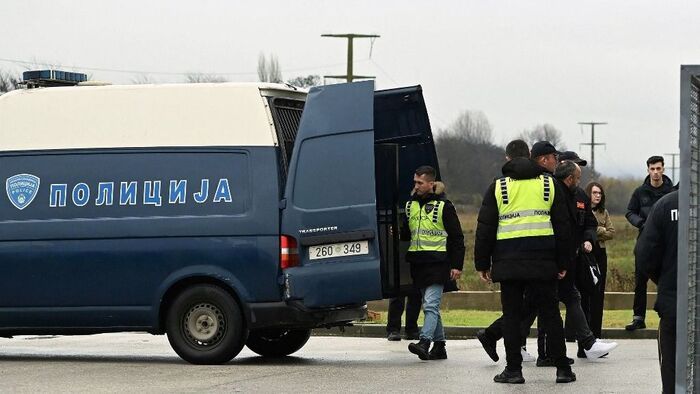
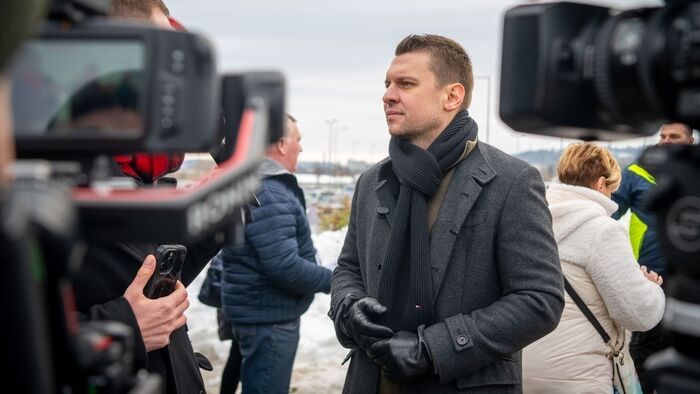
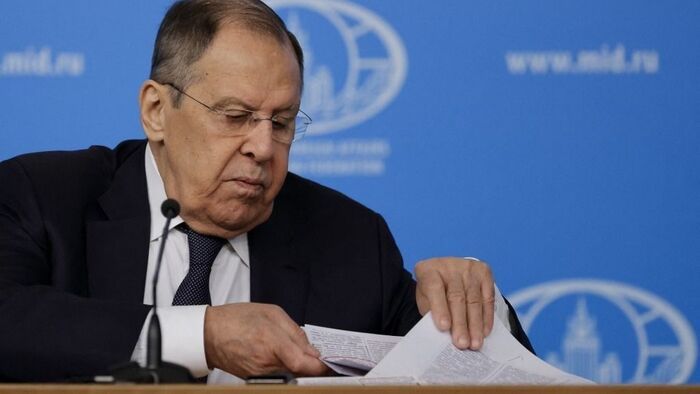




Szóljon hozzá!
Jelenleg csak a hozzászólások egy kis részét látja. Hozzászóláshoz és a további kommentek megtekintéséhez lépjen be, vagy regisztráljon!